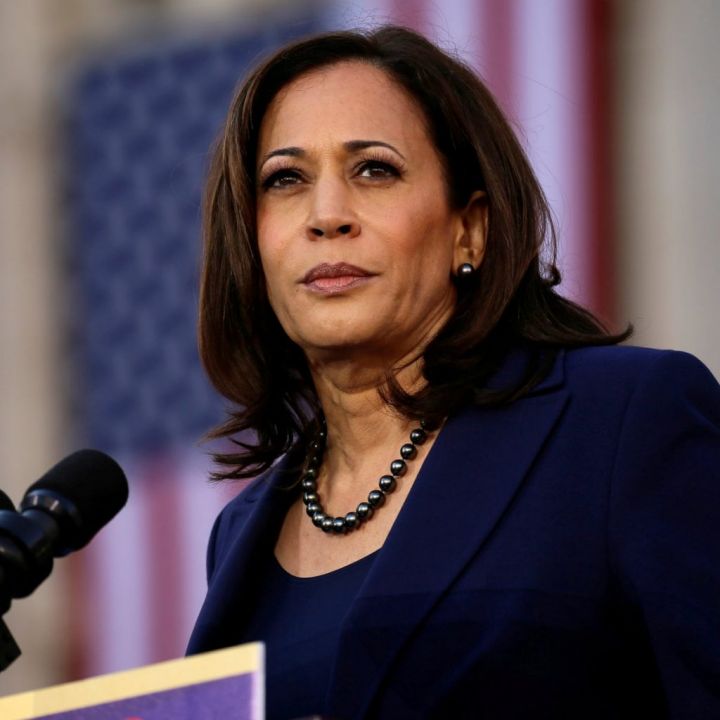Elon Musk, CEO of Tesla and SpaceX, has launched a vehement critique of United States Vice President Kamala Harris, accusing her of harbouring communist ideologies.
In a provocative statement made on his X (formerly Twitter) account, Musk asserted that Harris’s policy positions align with communist principles, particularly in her pursuit of equal outcomes.
Musk’s criticism emerged in a post on Wednesday, where he stated: “Kamala is quite literally a communist.

She wants not merely equal opportunity, but equal outcomes.”
This remark is a significant escalation in Musk’s public commentary on political figures and their policies.
The context of Musk’s criticism relates to Harris’s broader political stance and her advocacy for policies aimed at reducing social and economic inequalities.
Harris, who has been an influential figure in American politics, has supported measures designed to address disparities in wealth and opportunity, which Musk appears to interpret as aligning with communist ideology.
Harris recently made headlines by securing the Democratic nomination for President of the United States.
Her candidacy marks a historic milestone as she became the first woman of colour to achieve such a nomination from a major political party.
This development sets up a high-profile electoral contest against former President Donald Trump.
The nature of Musk’s comments reflects a deeper political divide in the United States, where debates over economic equality and social justice have become increasingly polarised.
Musk’s characterisation of Harris’s policies as communist underscores the intense scrutiny and criticism that high-profile political figures face, particularly when they champion progressive reforms.
In his statement, Musk specifically targeted Harris’s emphasis on achieving “equal outcomes” rather than solely focusing on “equal opportunity.”
This distinction is central to the ideological debate over how best to address systemic inequalities in society.
Advocates for equal opportunity argue that providing everyone with the same starting conditions is sufficient, while proponents of equal outcomes seek to ensure that all individuals achieve similar results, often through targeted interventions and support.
Musk’s remarks contribute to a broader conversation about the role of government in addressing economic and social disparities.
His view is that policies aimed at equalising outcomes can be associated with socialist or communist frameworks, which he clearly opposes.
As Vice President, Kamala Harris has been involved in various policy initiatives and has supported legislative efforts to promote social justice and economic reform.
Her positions on these issues have been a source of both support and criticism from different quarters, reflecting the contentious nature of contemporary American politics.
The reaction to Musk’s comments highlights the deepening ideological rifts in political discourse, where accusations of extremism are frequently employed to challenge opposing viewpoints.
Harris’s forthcoming presidential campaign will likely continue to be a focal point of such debates, with critics and supporters alike scrutinising her policy proposals and political philosophy.
In summary, Elon Musk’s recent attack on Vice President Kamala Harris, branding her as a “communist,” reflects the broader polarisation of American political discourse.
His comments, particularly regarding Harris’s focus on equal outcomes, underscore the ideological divides that characterise contemporary debates over economic and social policy.
As Harris prepares for her presidential bid, the scrutiny and debate surrounding her policies are expected to intensify, reflecting the high stakes of the upcoming election.
Support InfoStride News' Credible Journalism: Only credible journalism can guarantee a fair, accountable and transparent society, including democracy and government. It involves a lot of efforts and money. We need your support. Click here to Donate
